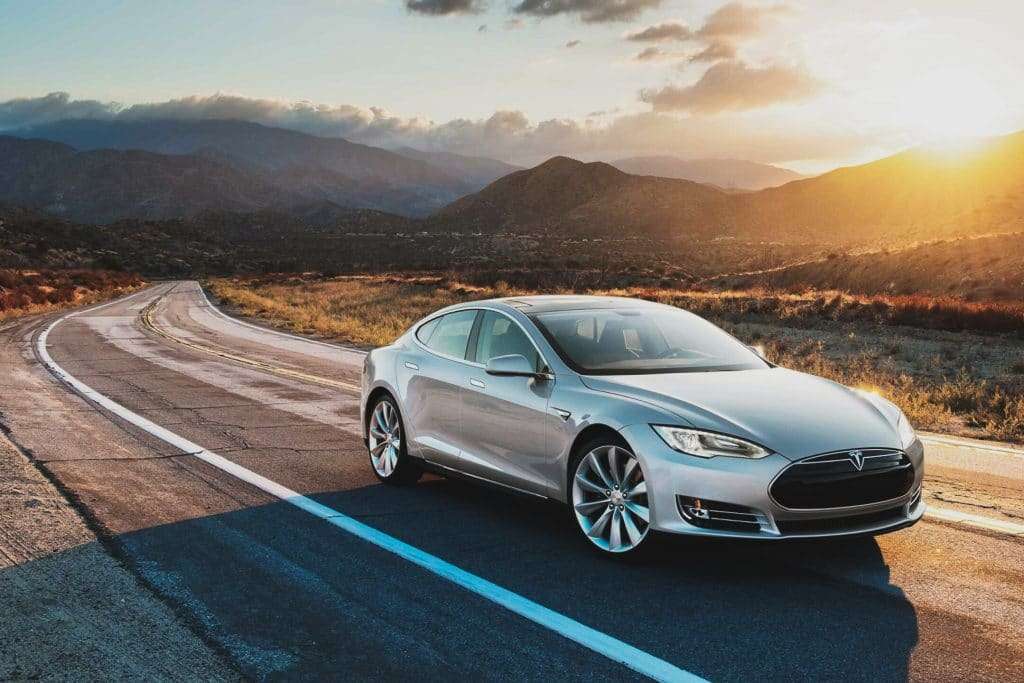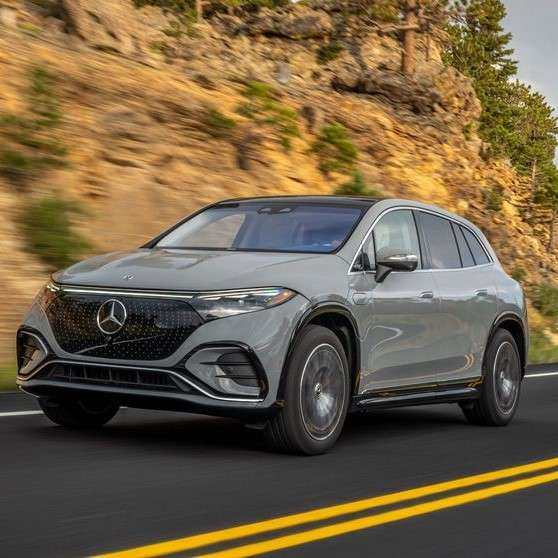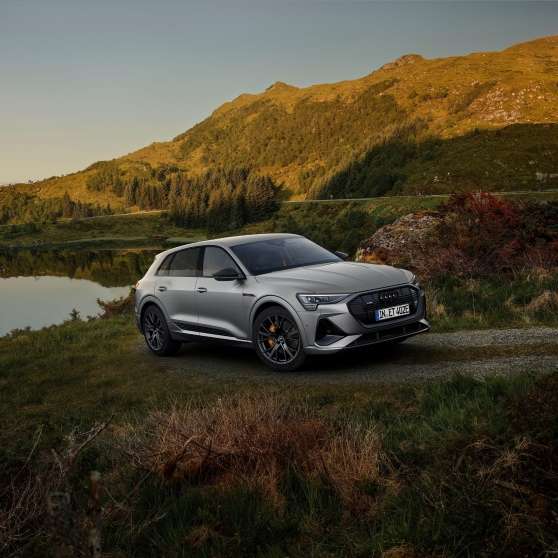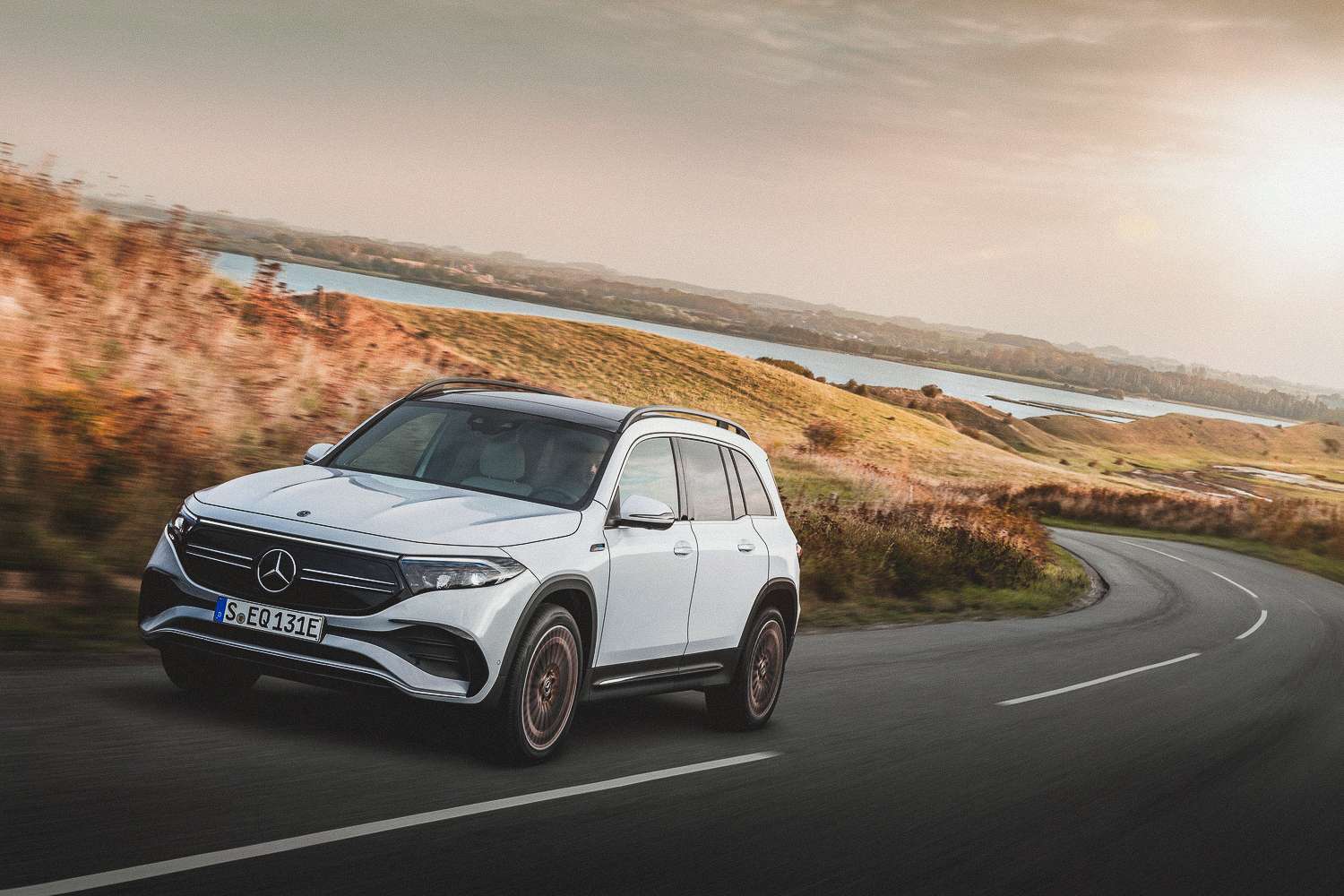From renewable fuel to eco-friendly architecture, luxury car brands are making sustainability a priority.
The automotive industry is racing to decarbonize the sector as countries around the world crack down on carbon emissions to thwart global warming.
In a bid to go carbon-neutral, dozens of countries have already announced sweeping bans on new gasoline- and diesel-powered cars, including the U.K., China, Canada, and Germany.
Not one to be left in the dust, the luxury car market is accelerating its efforts to embrace clean energy. Many automakers have set goals for 25 to 50 percent of their sales to be all-electric by 2025, including BMW and Porsche. Other brands, such as Bentley and Rolls-Royce, have committed to going completely electric by 2030.

In addition to embracing battery power, companies are increasingly tapping other innovative technologies to reduce their carbon footprint.
German car manufacturers Mercedes-Benz and Audi are leading the pack with their cutting-edge features. Let’s take a look at some of their sustainable innovations and how they’re working to revolutionize the industry as a whole.
Mercedes-Benz drives toward sustainability
With its recent collaboration with Norwegian aluminum producer Hydro, Mercedes-Benz is well on its way to achieving zero emissions by 2039.
The German car giant, which aims to go all-electric by 2030, will use low-carbon aluminum in a range of models, including its electric EQ series, starting next year. Aluminum is used in a variety of applications, including in-vehicle frames, electrical wiring, paint, wheels, and even electric batteries.
Hydro’s low-carbon aluminum contains less than 3 kilograms of carbon dioxide per kilogram of aluminum produced. In comparison, the industry produced an average of 16.7 kilograms of emissions per kilogram of aluminum in 2021.
“This is an important signal to accelerate change in the aluminum industry and increase the availability of low-carbon aluminum,” Markus Schaefer, Mercedes-Benz’s chief technology officer, said in a statement.

Sustainable aluminum is just one of Mercedes-Benz’s many initiatives aimed at cutting carbon emissions. The brand is also building its own carbon-neutral battery recycling factory in Kuppenheim, Germany, which is set to open this year.
“Sustainability is the foundation of all Mercedes-Benz research and development activities,” explained Markus Schäfer, Member of the Board of Management of Mercedes-Benz Group AG and Chief Technology Officer responsible for Development and Procurement. “To this end, we are accelerating our innovation speed and bringing new, sustainable technologies into series production as quickly as possible.”
Audi accelerates plans to go carbon-neutral
Audi, a Volkswagen subsidiary, is on the road to becoming carbon-neutral at its production sites by 2025. The German car brand will go all-electric this year and will not launch any internal combustion engine vehicles after 2026.
“[W]e really want to lead the way towards transformation, towards electric vehicles. And that’s what I’m looking forward to,” Audi of America President Daniel Weissland told Yahoo Finance Live. “Customers want it, we see the demand in the market, and that’s what Audi will stand for in the future.”

To help minimize emissions among company vehicles and production sites, the brand has switched to R33 Blue Gasoline — a sustainable fuel that helps cut emissions by 20 percent compared to conventional gas.
The brand isn’t betting on eco-friendly gasoline to save the combustion engine. However, sustainable fuels could be a promising solution to the millions of gas- and diesel-powered vehicles already on the road today.
“Synthetic fuels are just a bridging technology for us,” Oliver Hoffmann, the company’s technical development chief, told TopGear.com. “For other industries—boats and aeroplanes, etc.—this can be a solution for the future. Our future, and to be honest the future of personal mobility, will be battery electric vehicles.”
Related on Ethos:


